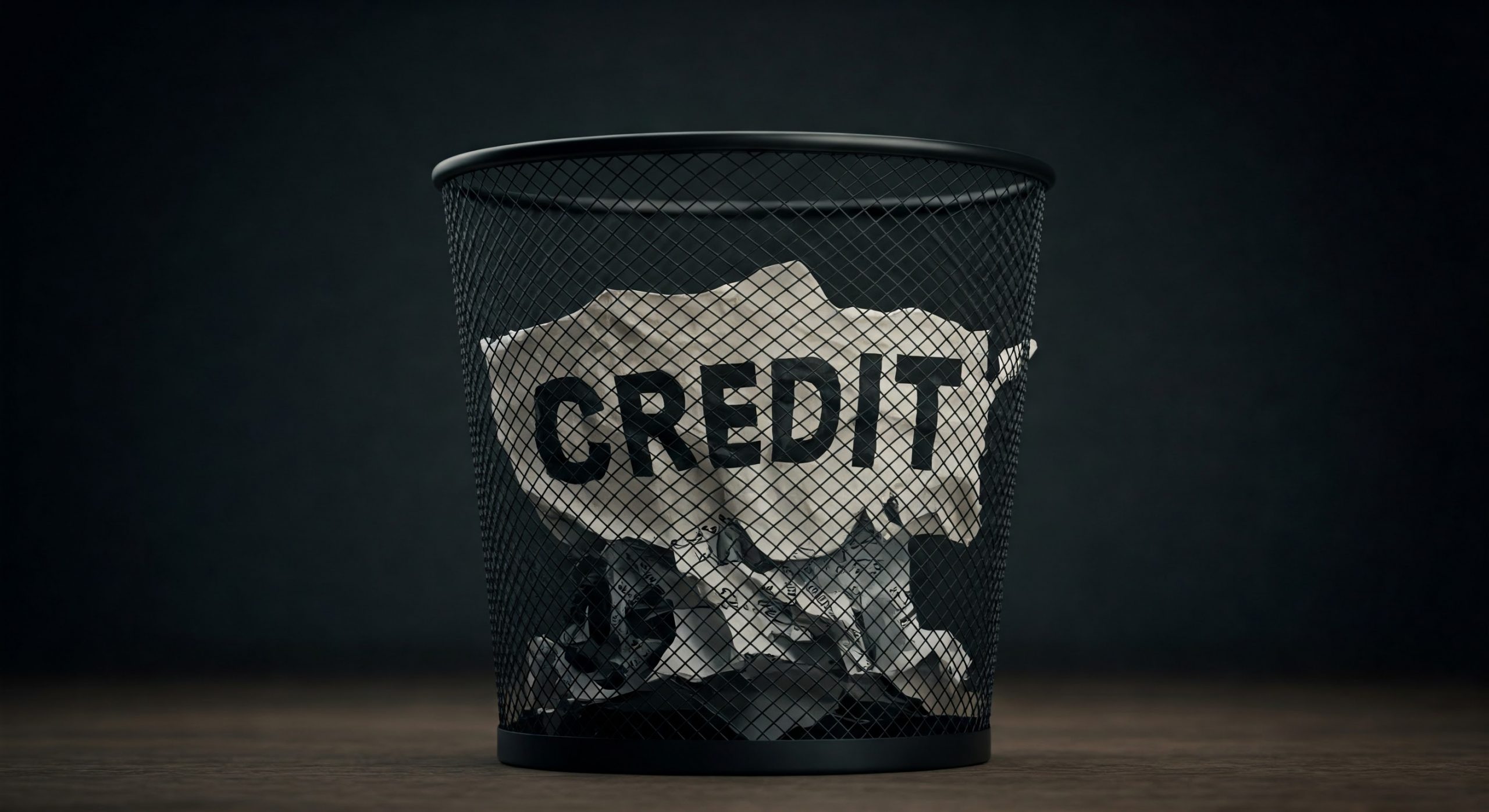In an economy where credit scores often dictate financial opportunities, many individuals find themselves tethered to a system that doesn’t necessarily reflect their true financial health. A credit score is merely a numerical representation of your ability to borrow money and repay it, but it doesn’t encapsulate your overall financial well-being. Living without a credit score is not only possible; it can also lead to a more mindful and intentional approach to personal finance.
Understanding Credit Scores
Credit scores are designed to assess risk for lenders, but they can be misleading. A high score may suggest that you are financially responsible, while a low score can unfairly label you as high risk. However, these scores do not account for factors such as savings, income stability, or overall financial literacy. By focusing on your actual financial habits rather than a three-digit number, you can cultivate a healthier relationship with money.
Embracing Debit Cards
One of the simplest ways to navigate life without a credit score is by using a debit card instead of a credit card. Debit cards draw directly from your bank account, allowing you to spend only what you have. This practice encourages responsible spending and helps you avoid the pitfalls of debt accumulation.
Using a debit card also offers several benefits. For one, it eliminates the risk of overspending, as you cannot exceed your account balance. Additionally, many debit cards come with features such as fraud protection and rewards programs, making them a viable alternative to credit cards. By using a debit card, you can maintain control over your finances while still enjoying the convenience of electronic payments.
Saving for Large Purchases
Living without a credit score means you may need to adopt a different approach to large purchases, such as buying a car. Instead of relying on financing options that require a credit score, consider saving up for these expenses. Create a dedicated savings plan, setting aside a specific amount each month until you reach your goal.
This method not only helps you avoid debt but also creates a sense of accomplishment and financial discipline. When you pay for a car in cash, you eliminate monthly payments and interest, allowing you to enjoy your purchase without the burden of ongoing financial obligations.
Manual Underwriting for Home Buying
For those looking to buy a home, the traditional route often involves automatic underwriting, which relies heavily on credit scores. However, manual underwriting is an alternative that allows lenders to evaluate your financial situation more holistically. This process considers factors such as income, employment history, savings, and overall financial behavior rather than just a credit score.
To pursue manual underwriting, you may need to provide additional documentation, such as bank statements and proof of income. While this may require more effort upfront, it can open doors to homeownership without the constraints of a credit score. Many lenders are willing to work with individuals who demonstrate financial responsibility through their savings and income rather than relying solely on credit history.
Conclusion
Living without a credit score is not only feasible but can also lead to a more empowered financial life. By focusing on responsible spending through debit cards, saving for large purchases, and exploring manual underwriting for home buying, you can navigate the financial landscape without being defined by a credit score. Embrace this journey toward financial independence, and you may find that true financial health is measured by your habits, not a number.


Leave a Reply